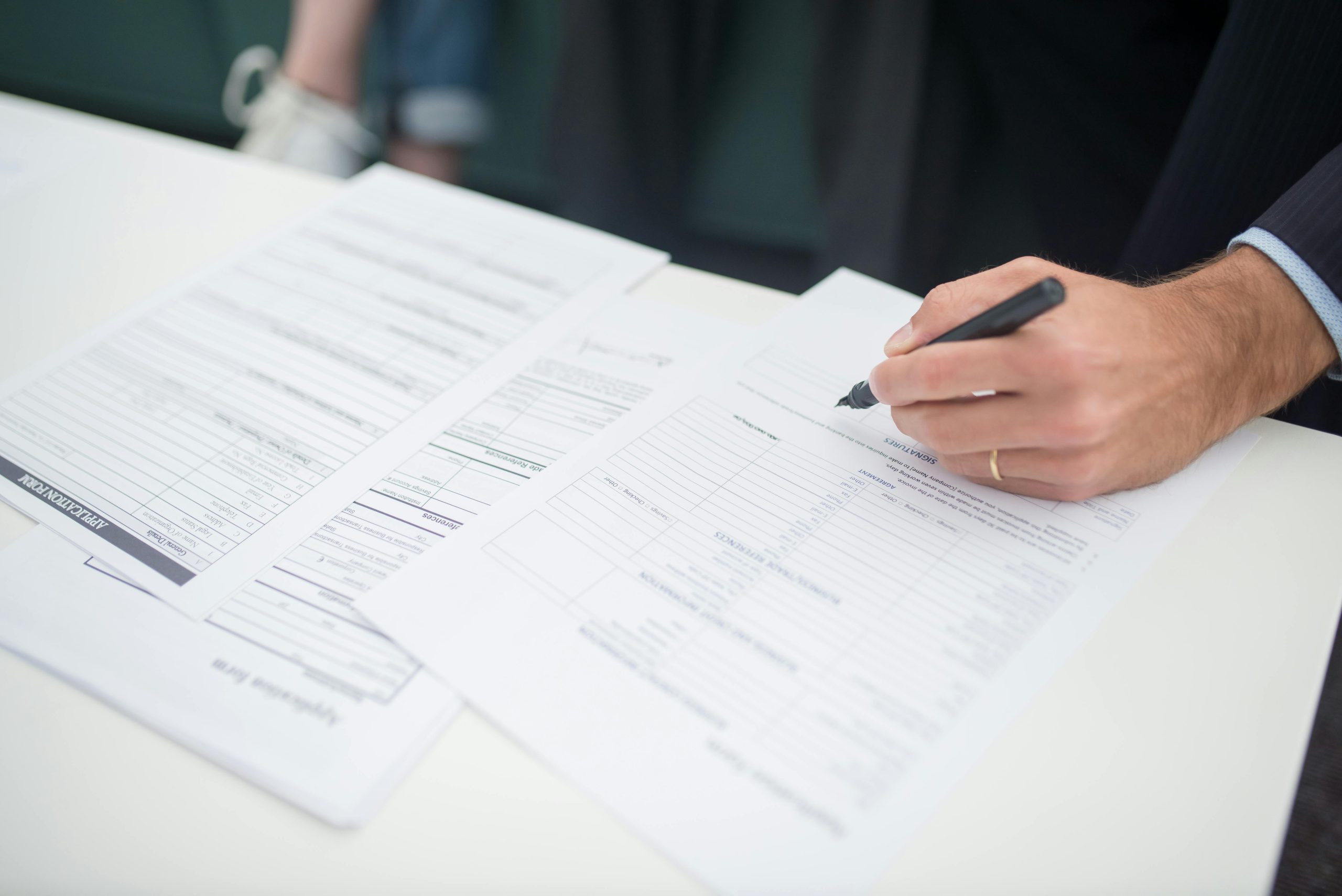Understanding Liability After Vehicle Sale: What You Need to Know
Navigating the aftermath of selling a vehicle can sometimes lead to unexpected complications, especially when it comes to legal and financial responsibilities. Recently, a situation has emerged where an individual sold their car, only to be contacted later with demands for significant damages from a third party involved in an accident.
The Scenario
A car owner officially sold their vehicle, complete with a signed pink slip and proof of release of liability. Despite this, the new owner was involved in an incident without insurance, resulting in damages claimed by an agency. Strangely, the owner received notices indicating a debt of nearly $12,000 for damages caused by the new owner, even though they had transferred ownership prior to the incident.
Key Details
– The vehicle was sold legally, with all proper documentation exchanged.
– The seller has evidence such as the signed release of liability and police reports confirming the transfer of ownership.
– The new owner was involved in an accident and lacked insurance coverage.
– The agency (AFNI) is now pursuing the previous owner for damages, despite proof of sale.
Legal Considerations
Such cases raise important questions about liability and the limits of a seller’s responsibility once the vehicle has been transferred. Generally, once the DMV records are updated, the seller’s liability ends; however, issues can arise if the vehicle was not properly reported or if the new owner commits infractions or damages before the transfer was recorded.
What Should You Do?
If you find yourself in a similar situation, it is crucial to:
- Maintain proof of the sale, including signed titles and release of liability forms.
- Report the sale to the DMV to ensure records are updated promptly.
- Keep copies of all correspondence with agencies and authorities.
- Seek legal advice to understand your rights and responsibilities in your jurisdiction, particularly if an agency is pursuing you after ownership transfer.
Final Thoughts
While selling a vehicle may seem straightforward, complications can occur if proper documentation and procedures aren’t diligently followed. Always confirm the transfer of ownership with the DMV and retain all related paperwork to protect yourself from unforeseen claims. If questions arise regarding liability, consulting with a legal professional can provide clarity and safeguard your interests.
If you’re dealing with a similar issue or want more guidance on vehicle sales and liability, consider reaching out to legal experts or your local DMV for personalized assistance.



